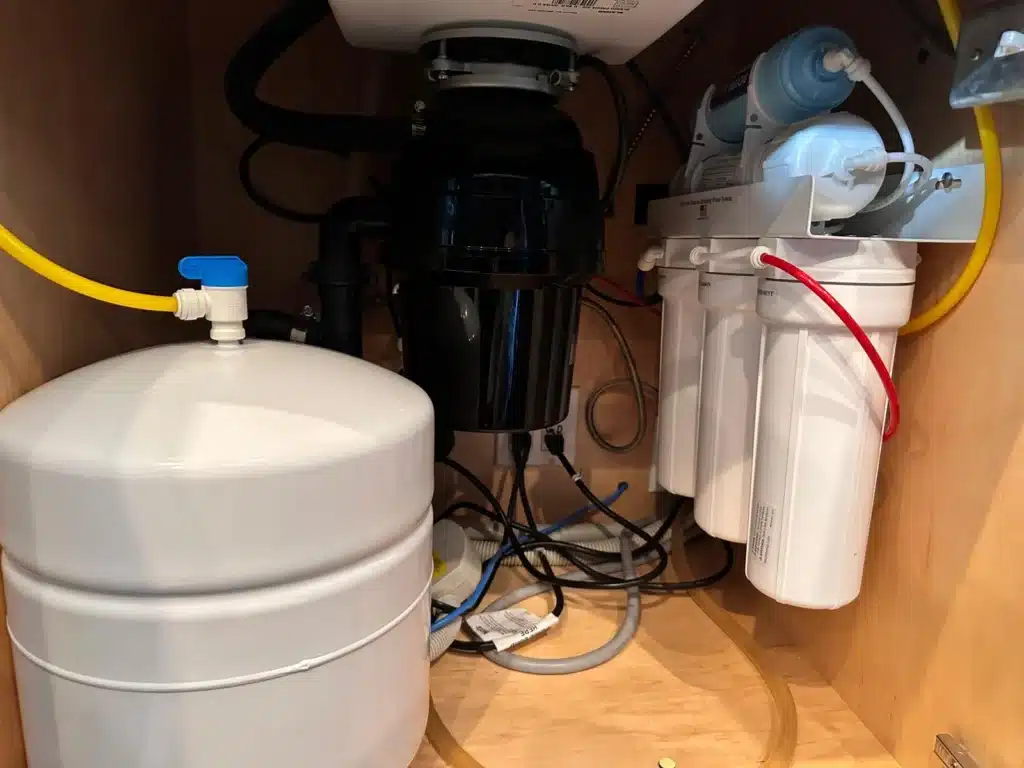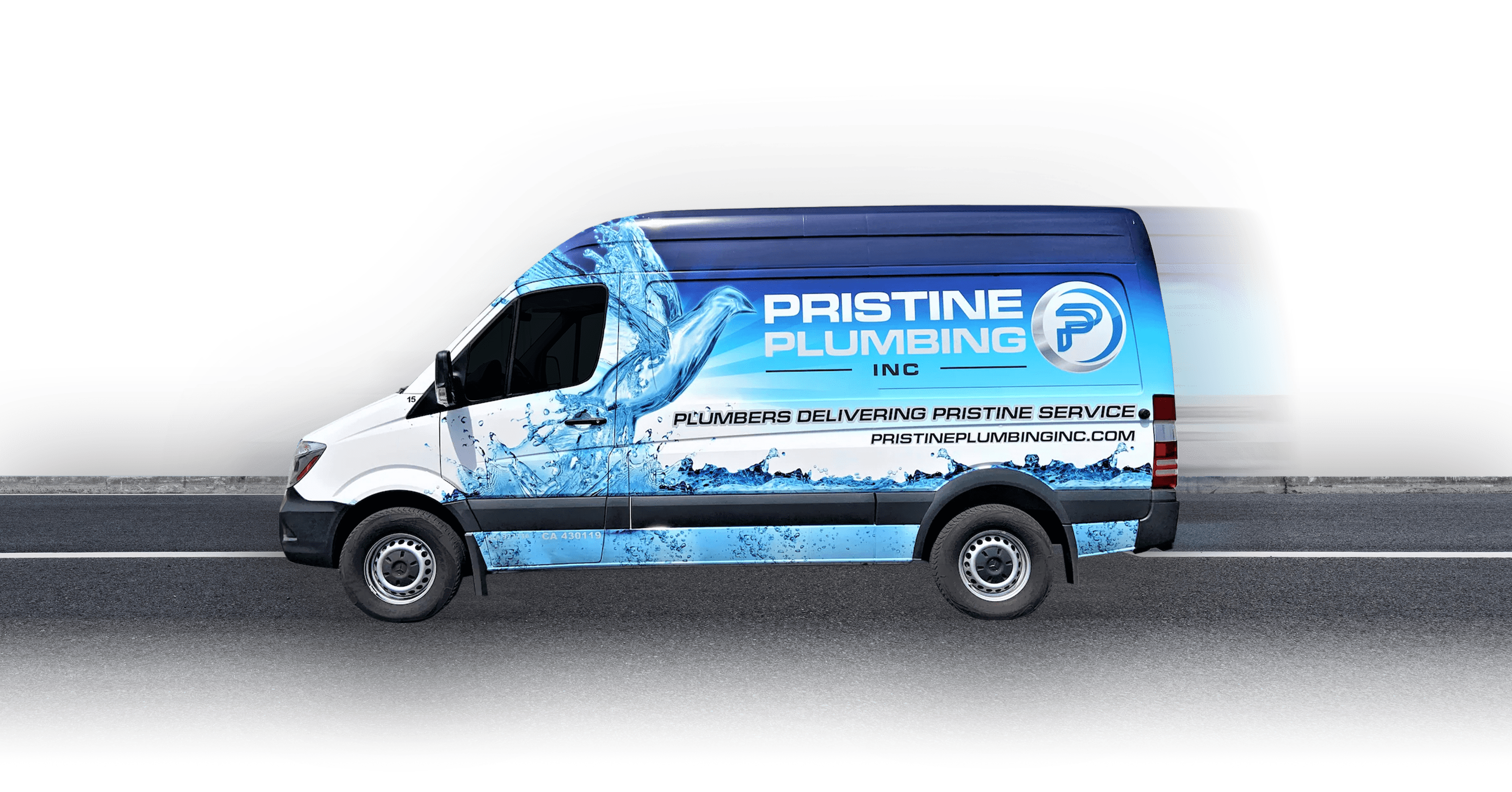Dealing with hard water can be frustrating, whether it’s the stubborn scale buildup on your faucets, dry, itchy skin after a shower, or dull, stiff laundry, no matter how much detergent you use. The best water softeners can solve all these issues, transforming the quality of your water and improving your daily routine.
Investing in the right system can protect your appliances, extend their lifespan, and enjoy cleaner, softer water throughout your home. Choosing the right water softener isn’t always easy, but with a few simple tips, you’ll find the perfect match for your home’s needs.
What are Water Softener Systems?
Water softener systems are designed to tackle one of the most common household problems: hard water. Hard water contains high levels of minerals, particularly calcium and magnesium, which can cause various issues, from clogged pipes to dull laundry and dry skin. A water softener system removes these excess minerals, leaving you with cleaner, softer water for your home, appliances, and skin.
By installing a water softener, you can significantly reduce the damage caused by hard water. No more scale buildup on faucets and showerheads, no more soap scum in the bathroom, and no more constant repair bills for appliances like water heaters and dishwashers.
Different Types of Water Softeners
Knowing the different types of water softeners available can help you choose the right one. Each has its own benefits, depending on your household needs.
- Salt-Based Ion Exchange Systems: These systems use resin beads and salt to remove hard minerals from your water, leaving it soft and clean.
- Salt-Free Water Conditioners: Rather than removing minerals, these systems change the structure of the minerals to prevent scale buildup, making them a low-maintenance option.
- Dual-Tank Systems: Perfect for large households with high water usage, these systems provide continuous soft water by alternating between two tanks during regeneration.
- Magnetic and Electronic Descalers: These systems use electromagnetic waves to reduce scale buildup, offering a low-maintenance, eco-friendly solution.
How to Choose the Best Water Softeners for Your Home?
Choosing the right water softener might seem daunting, but it doesn’t have to be. With the right approach, you can easily find a system that fits your home’s needs and lifestyle. By considering a few key factors, you can make an informed decision that will result in cleaner, softer water for your family.
Assess Your Home Size and Water Usage
The size of your home and the amount of water you use daily are key to finding the right water softener. Larger homes or households with multiple bathrooms typically need a higher-capacity system. To guide your decision, it helps to calculate your average daily water consumption (in gallons). Families of four, for instance, generally need a system that can handle around 30,000 to 40,000 grains of hardness.
Understand Water Hardness Levels
Water hardness refers to the amount of minerals in your water, such as calcium and magnesium. High hardness can affect soap efficiency, damage your appliances, and reduce water quality. To determine your water’s specific hardness, take a simple test. This will help you decide which water softener system is best suited for your needs.
Salt vs. Salt-Free Systems
When choosing a water softener, you’ll face two main options: salt-based and salt-free systems.
- Salt-Based Systems: These are great for handling high levels of hardness. They use ion exchange to replace minerals with sodium but require regular salt refills.
- Salt-Free Systems: Instead of removing minerals, salt-free systems prevent scale buildup by altering their structure. They are perfect for low-to-moderate hardness levels but less effective in areas with very hard water.
When deciding which system is right for you, consider the maintenance, effectiveness, and health trade-offs.
Efficiency and Capacity
Efficiency is essential in water softeners. The more efficient systems use less salt and water during the regeneration process. You’ll also need to choose a system based on its capacity and how many grains of hardness it can handle. For a family of four with moderately hard water, a system with a capacity of 30,000 to 40,000 grains should suffice.
Water Softener Maintenance Needs
All water softeners require some maintenance, but the level of effort depends on the type. Salt-based systems need salt added every few weeks, while salt-free systems might require periodic cleaning. If you prefer a system with minimal upkeep, a salt-free option might be your best bet.
Regeneration Cycles
Regeneration cycles are how often your water softener needs to refresh by flushing out the captured minerals. Some systems have demand-initiated regeneration, meaning they only regenerate when needed, which helps save both salt and water. If you’re looking for efficiency, look for this feature in higher-end models.
Reading Product Reviews and Checking Certifications
Before deciding, it is wise to check product reviews, especially from trusted sources. Look for feedback from verified customers who’ve used the system in real-life situations. Also, certifications from organizations like NSF International or the Water Quality Association (WQA) should be checked to ensure that the system meets industry standards for performance and safety.
Seek Professional Water Softener Installation
If you’re unsure about which system to choose or how to install it, consulting with professionals is always a good idea. At Pristine Plumbing, our certified plumbers have years of experience in hard water treatment. Our PHCC-certified experts will help you select the best water softeners for your home and ensure a smooth installation. Contact us today for expert water softener installation.
Contact Experts for Budget-Friendly & Durable Water Treatment Systems
At Pristine Plumbing, we understand that every home has unique water treatment needs. We offer customized water softener solutions based on your water hardness, household size, and budget. Whether you need a small system for a couple of people or a larger unit for a growing family, we’ve got you covered.
We’ll help you understand your water’s hardness levels and identify any potential contaminants. By choosing the right system, you can optimize energy consumption, reduce environmental impact, and lower utility bills over time. Plus, we offer flexible financing plans to make the investment more affordable.
Our team is committed to safety, ensuring every installation complies with industry standards for maximum performance and longevity. Ready for cleaner, softer water? Contact us today for a consultation, and let us guide you to the best solution.

